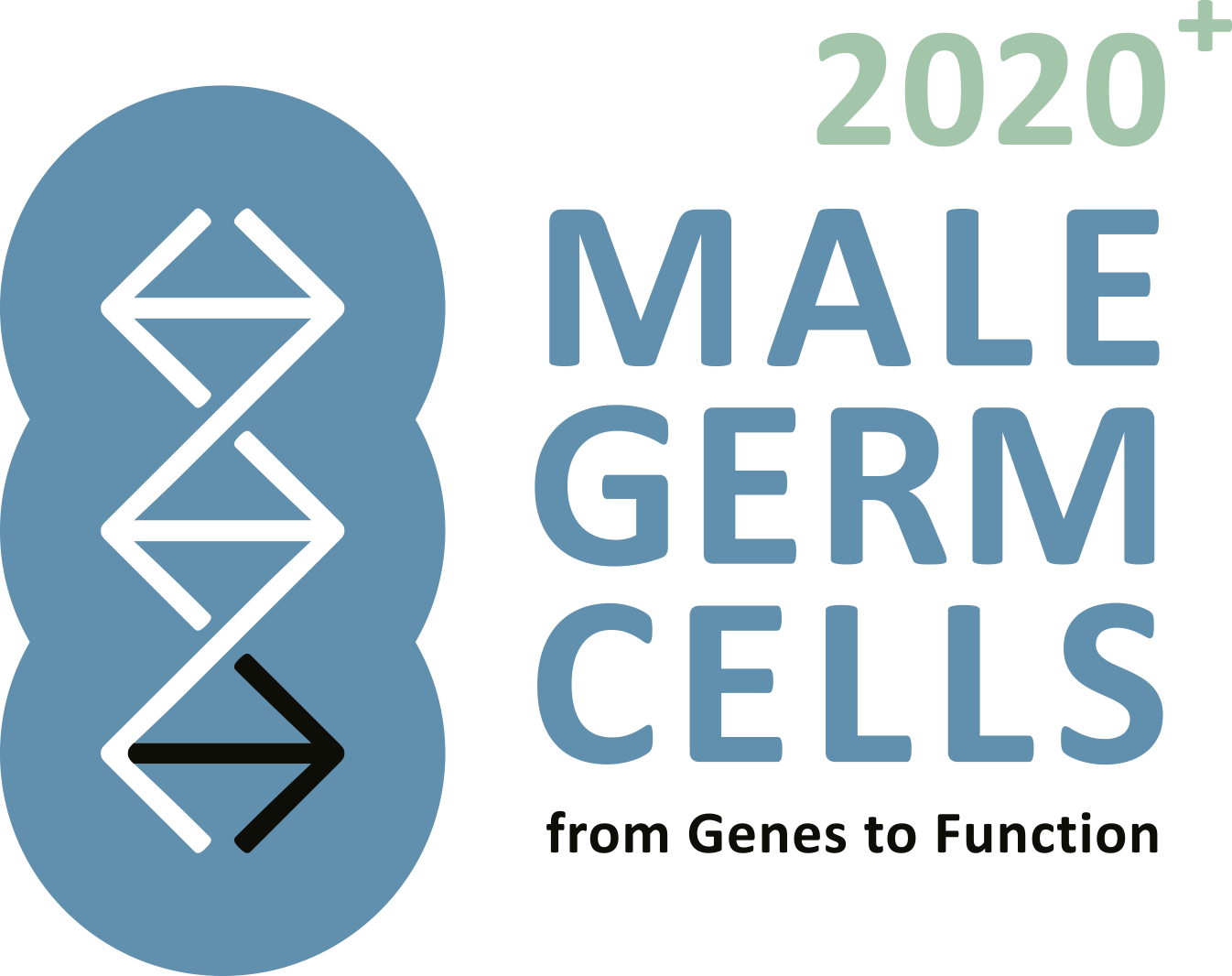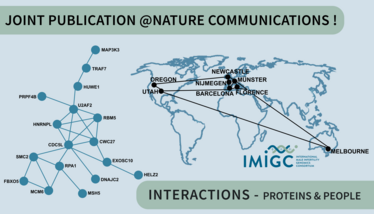Male infertility: international collaboration identifies relevant de novo mutations
10-15% of all couples worldwide face infertility issues and in about half of these cases, male factors contribute. For a majority of these men, the underlying cause remains unexplained – despite a clear role of genetic reasons for male infertility. Understanding such causes would improve patient counselling and treatment in the future.
In several sporadic disorders like mental retardation, de novo mutations (DNMs) play a key role. However, evaluating if a mutation arose de novo not only depends on analysing the patient but also the parents. Such trio analyses offer a much more precise and broad genetic characterisation – but are more challenging to obtain in infertility research.
It is precisely for such a scenario where certain data or sample sets are difficult to achieve, that the International Male Infertility Genomics Consortium (IMIGC) was founded. It is a union of basic and clinical researchers (see world map of founding members) who share their data and expertise to accelerate discovery, replication, and validation of genetic findings in the context of male infertility.
For the first time, the combined IMIGC cohorts were utilised to substantiate findings from the primary trio exome analyses by Prof. Joris Veltman's group (Newcastle, UK) on 185 infertile men and their parents. In total, 145 rare protein-altering de novo mutations were identified. This approach showed that de novo variants are likely an important cause for infertility in men. Further, a number of interesting novel candidate genes was identified (see network of proteins). The study was now published in Nature Communication (Oud et al.,2022).
Dr. Corinna Friedrich and Prof. Frank Tüttelmann, Institute of Reproductive Genetics, and Prof. Sabine Kliesch, Centre of Reproductive Medicine and Andrology, were involved in the study. 'With international endeavours like these, we significantly drive genetic studies in infertile men.' says Dr. Friedrich.
More and even larger studies are envisaged by the IMIGC and the local contributors to achieve further breakthroughs on the research of human fertility and reproduction health. We are looking forward to this!



